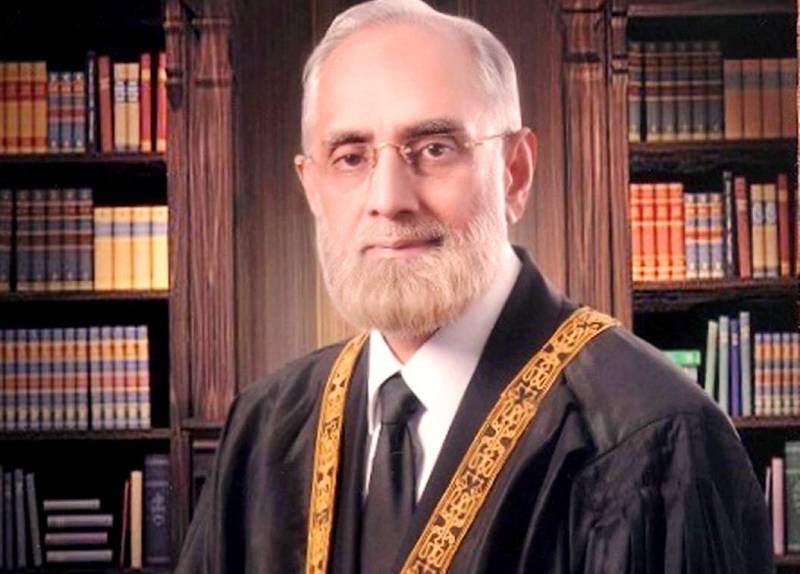As the letters of an army officer who was a member of one of the military courts, reach Chief Justice Jamali, many fears about the military courts have been confirmed. The letters suggest that the conduct of military court trials have severe discrepancies. Before this revelation, the CJ had already reserved judgments on 14 petitions filed by the family members of the convicts awarded the death sentence by military courts.
The army officials had maintained that the information that they had received regarding the terrorists being tried by the Special Military Courts would be ‘hardcore’ and all the evidence provided in the shape of interrogation and interment orders would be accurate and true, but the truth seems far from it. There were many discrepancies in the interrogation reports and other evidence provided which impeded in making sound judgments on punishments. Access to the actual interrogators and the interning officers was denied and no witnesses were produced in front of these courts.
The most worrisome aspect is that no formal law training was provided to the personnel holding these trials and they had no knowledge of the punishments of different crimes and offences. This is a serious allegation against the military that has been handing out death sentences willy-nilly. At the time of the APS massacre many activists and civil rights groups advocated a more conservative approach rather than the establishment of a parallel military justice system. The government was in such a hurry to do something, anything, and the military courts were the easy way to go. Yet they are and were no substitutes for constitutional justice. This expose confirms all these fears.
Since the amendments to the Constitution and Army Act one year ago, the Pakistan Government has constituted 11 military courts. Military courts have concluded the trials of 64 people, finding the defendants guilty in 40 cases. 36 people have been sentenced to death and four have been given life sentences.
Rights activist Asma Jahangir has also appealed to the Supreme Court to order retrial in all cases in which military courts have handed down convictions. This will never happen, the dissenting voice will be rubbished and nobody has the time or will to take on the military. The army major has expressed the burden on his conscience over sentencing people to death without speaking to anyone who might bear testimony of the guilt of the accused. This is a burden not only on this particular individual but also on the broken justice system of Pakistan.






